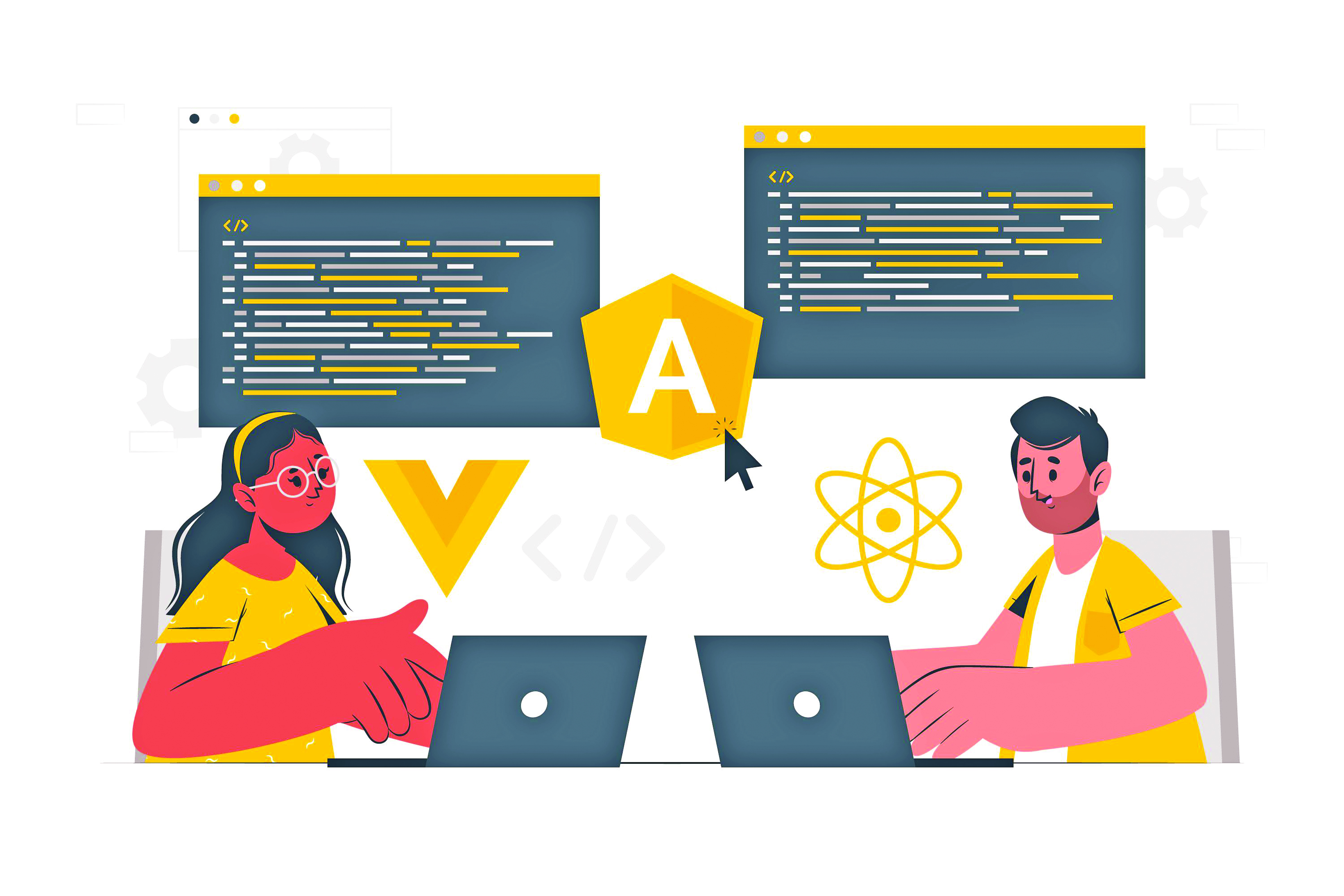Are coders at risk in the age of AI?
Artificial Intelligence presents opportunities for coders to evolve & concentrate on more complex tasks

On Tuesday, CNBC reported that IBM informed employees in its marketing and communications division of staff reductions. Jonathan Adashek, IBM’s chief communications officer, made the announcement during a seven-minute meeting with unit employees. Last year, IBM CEO Arvind Krishna revealed plans to replace nearly 8,000 jobs with AI. Major tech players such as Facebook, Google, Baidu, Apple, Amazon, and Microsoft are integrating AI across their operations.
Until recently, coders were highly sought-after in the software technology sector. However, the advent of AI has brought about significant changes. With the introduction of AI coding assistants such as OpenAI Codex, CodeT5, Polycoder, Cogram, AIXcoder, GitHub Copilot, Codeium, and AskCodi, the coding process has been simplified to a large extent. This transformation has indeed revolutionised traditional computing methods, leading to some concerns among programmers about the future.
India has been widely acknowledged as a hub of software talent, known for its blend of cost-effectiveness and top-notch software services. Reportedly, Indian IT organisations hire around half a million software graduates each year, with an impressive 98% of these being skilled developers aged between 18 and 35. Experts are warning that AI advancements could threaten the jobs of outsourced programmers. According to an article in Business Today, Stability AI CEO Emad Mostaque suggested that with AI now capable of developing software, a considerable number of outsourced programmers may face imminent job losses. In April 2023, Bloomberg highlighted the potential impact of AI on India, a country with over five million coders.
In any sector like information technology, AI is rapidly automating routine tasks. In the case of programming, AI is automating tasks like code generation, bug fixing, and testing. AI simplifies and accelerates the testing process for new code releases. By automating tasks and analysing data, it reduces human errors, shortens test times, and helps identify defects swiftly. This relieves QA teams from handling excessive data loads, leading to more efficient testing.
Now, coders may experience changes in their roles with the integration of AI, but it’s not inherently a risk. Instead, AI presents opportunities for coders to evolve and focus on higher-level tasks, such as problem-solving and innovation. Adapting to work alongside AI can lead to growth and advancement in the coding profession. Recently, Microsoft CEO Satya Nadella said that with every new technology entering the market, some jobs are likely to be displaced. However, he also highlighted the potential of AI to create new employment opportunities.
Take the example of Sounak Bhadra, an MTech in Electronics and Communication Engineering. Despite enjoying good perks at a Bengaluru firm, Bhadra recognised the increasing importance of adapting to AI. He enrolled in an online certificate course focusing on Machine Learning (ML) and AI. In this course, he is learning about Deep Learning, Generative AI, and Natural Language Processing (NLP). Moreover, Bhadra has the opportunity to work on industry projects, which further hones his skills in these areas.
Bhadra highlighted that AI’s impact is undeniable across industries. Learning and adapting to this technology is crucial for future success. “With AI’s rapid progression, even those with basic programming knowledge can create software. Tools like Google Assistant and Amazon Alexa, operated through natural language commands, simplify tasks and may reduce the need for specialised programming skills, potentially leading to job losses,” said the tech professional. However, Bhadra believes that humans will still be essential for critical decision-making and problem-solving. Therefore, embracing AI is key for staying relevant in the evolving job market.
In the IT industry, AI-powered cybersecurity tools play a crucial role in detecting and preventing cyber threats in real-time. These tools leverage AI to monitor network traffic and user behavior continuously. By doing so, they can quickly identify anomalies and potential security risks, enhancing overall cybersecurity measures. AI also plays a vital role in streamlining IT asset management by automating various tasks such as asset discovery, monitoring utilization patterns, and predicting maintenance needs.
Having said that, it’s essential to understand that AI won’t surpass humans, especially in tasks that require human intelligence and emotions. Organisations can achieve optimal results and effectively tackle a wide range of challenges by integrating AI with human expertise.




